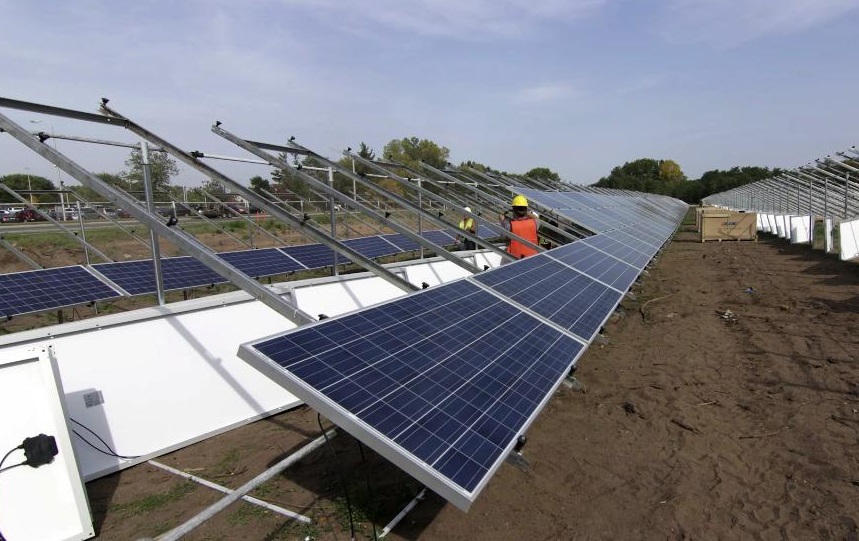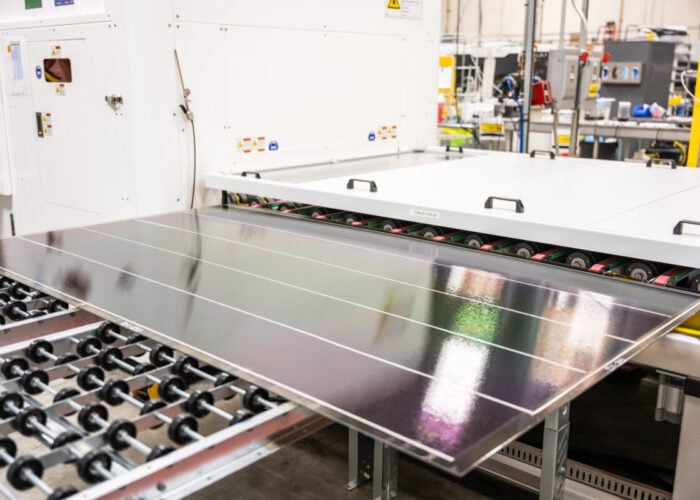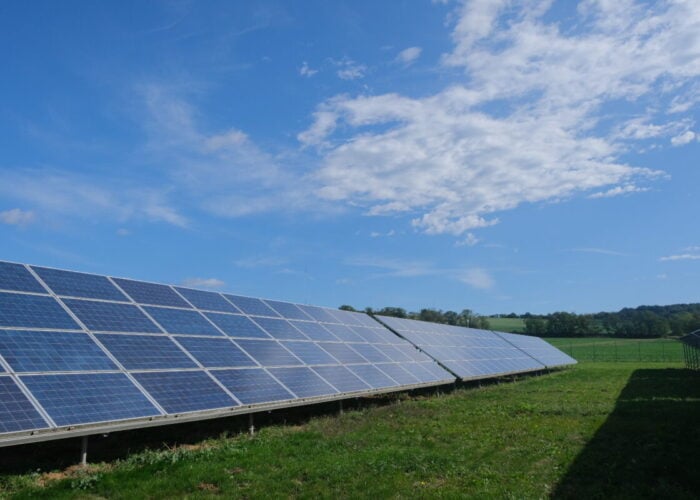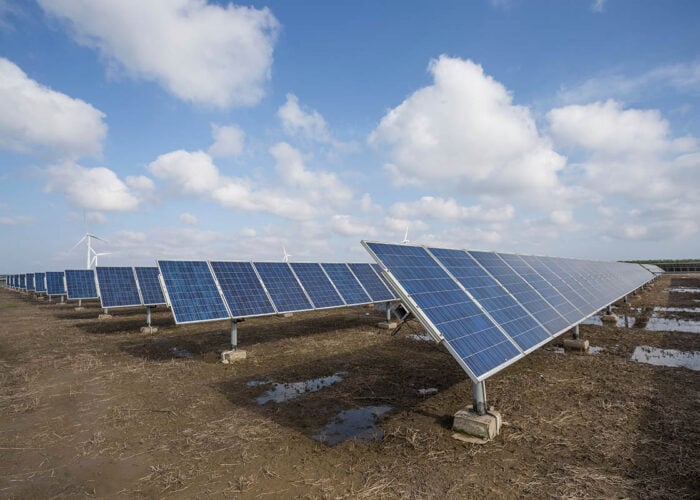
US utility Xcel Energy has announced plans to decarbonise its operations in the US Midwest, which involve the construction of 3.6GW of new renewable power generation capacity and 600MW of new battery energy storage system (BESS) facilities.
While the utility did not specify where the projects would be built, or how the new capacity would be split between solar and wind projects, it noted that the initiative would reduce the company’s carbon emissions by 80-88% by 2030. A core component of the plan is the extension of work at the company’s two nuclear plants in Minnesota, the Monticello and Prairie Island plants, which have a combined capacity of 1.7GW.
Unlock unlimited access for 12 whole months of distinctive global analysis
Photovoltaics International is now included.
- Regular insight and analysis of the industry’s biggest developments
- In-depth interviews with the industry’s leading figures
- Unlimited digital access to the PV Tech Power journal catalogue
- Unlimited digital access to the Photovoltaics International journal catalogue
- Access to more than 1,000 technical papers
- Discounts on Solar Media’s portfolio of events, in-person and virtual
The use of renewable power, BESS and nuclear will also enable the utility to contribute to Minnesota’s plans to meet 100% of its energy demand with what the state government calls “clean electricity” by 2040.
While the reliance on nuclear power alongside renewables, as opposed to investing exclusively in renewable power, has led to some criticism – including Xcel being fined US$14,000 last year by Minnesota regulators relating to leaks of radioactive tritium from the Monticello plant – the utility’s leadership is optimistic about Xcel’s direction amid the Minnesota energy transition.
“This new proposal builds on our already-approved plans to retire all coal plants by 2030 and replace them with nation-leading amounts of renewable energy like wind and solar, as we transition to a clean, secure energy future,” said Ryan Long, president of Xcel Energy in Minnesota, South Dakota and North Dakota.
As part of the plan, Xcel also announced that it aims to add 2.2GW of what it called “always-available resources” by the end of the decade, to function as backup power for the renewables portfolio, and meet energy demand when it is highest during the year.
While the nature of these dispatchable resources is unclear – the company could be referring to fossil fuel-powered electricity generation, or more investments into storage and grid infrastructure for renewable projects – Xcel noted these facilities would “only run when needed, meaning they’ll have very low emissions”.
The news follows Xcel’s retirement of a coal-fired power plant in Minnesota last month. The utility plans to replace its coal facilities in the state with 710MW of new solar capacity, and already boasts a solar capacity of 2.7GW as of the end of 2021, as it looks to further decarbonise its operations.







